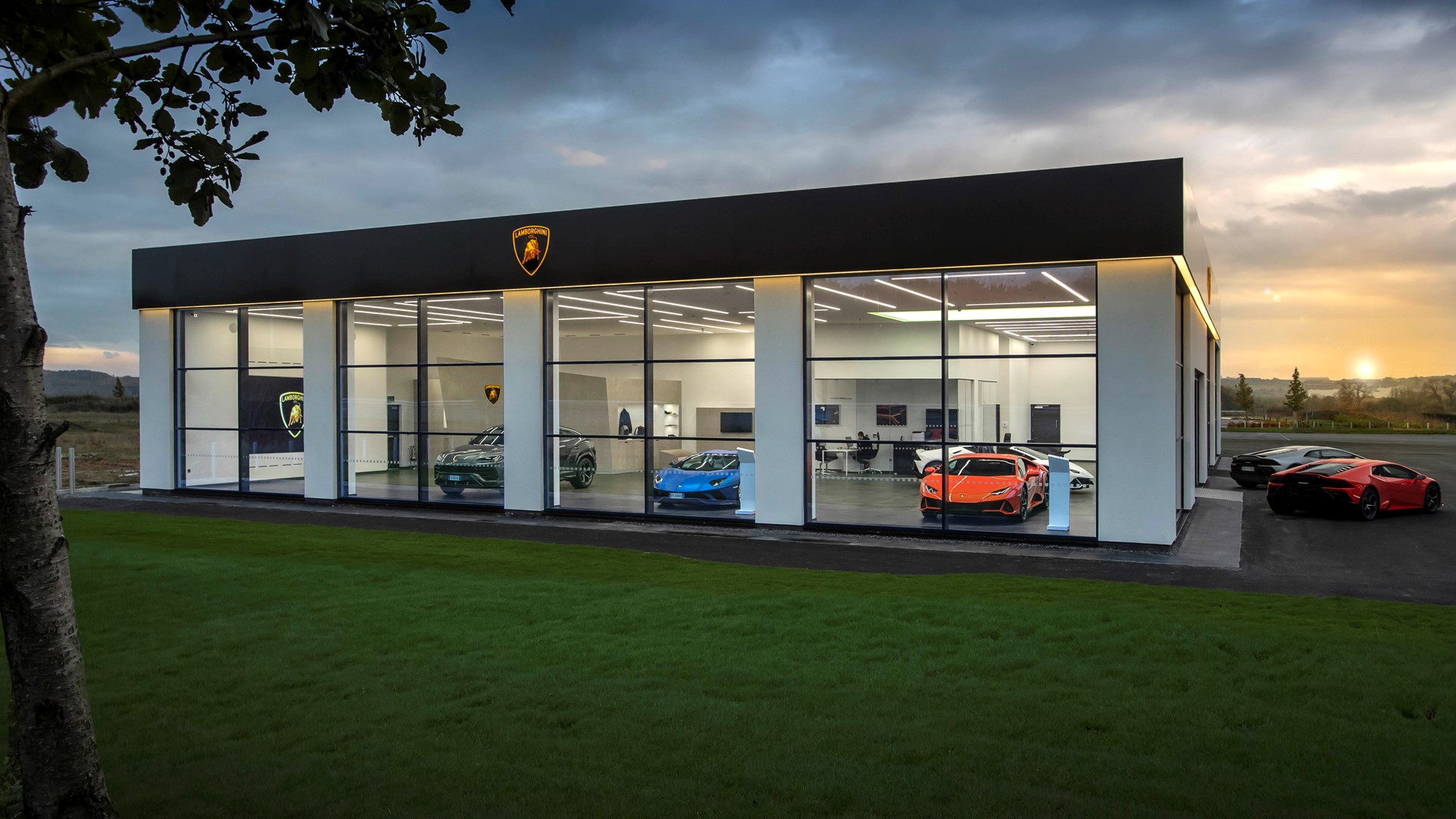YOUR SUCCESS IS OUR TOP PRIORITY
How Can We Help You?
Need Auto Performance Shop SEO Services? Optimize your SEO strategy, show up on search engine results pages, and maximize your organic traffic. We are Auto Performance Shop SEO experts.
This site is protected by reCAPTCHA and the Google Privacy Policy and Terms of Service apply.
Performance tuning shops cater to passionate enthusiasts who want more than automotive repair services. From ECU remaps and custom dyno tunes to turbo upgrades and horsepower testing, these car owners live for performance, and they start their search online first.
Tuning up your automotive performance store website is the first step, with an optimized user experience and a strong SEO strategy tailored to specific searches. Enthusiasts expect precise information from auto performance shops, and if your site content can’t deliver that, they’ll move on to your competitors.
Enhancing your on-page SEO by using the right heading tags, smart layouts with relevant images, proper content, and showcasing your subject matter expertise is just the beginning. You must also correct your technical SEO, increase local visibility, monitor insights, build high-quality backlinks, and continuously track SEO performance metrics. Adjust your strategy as needed, and use multiple digital marketing avenues like search engine marketing and email marketing to stay competitive. When executed properly, your efforts are guaranteed to lead to more appointments, more cars in your garage, and more auto performance projects.
Tune Up Your Automotive Shop Website
If your auto performance shop’s website is not able to attract the right target market, you might need to tune it up. A well-optimized website, especially on mobile devices, is essential for a positive user experience and establishing credibility, which will boost your visibility and attract more customers.
A well-designed and cleanly laid out site is the first step to achieving success with online marketing. User experience is essential, and often that means custom web development to gain that edge vs. the competition. Slow sites, broken links, difficult-to-read text, and glitchy behavior will deter your customers faster than a McLaren 720S does 0-60.
A Good User Experience
Focus on user experience. Clear navigation helps visitors easily find what they want. A straightforward menu with clear labels creates a smooth path through your services. Also, make sure your site has a mobile-friendly design that looks good and functions well on smartphones, since most of your customers are tech-savvy and would look for car tuning services on their phones.
Technical SEO for Performance Shops
Quick loading time is also crucial, so you may need to optimize images and code to keep things fast. Apart from website speed and mobile-friendliness, technical SEO also helps with security and ensures search engine crawlers can find and index your site properly. Keep your content concise and structured with correct headings to make it easy to read.
Keep Your Website Credible
Your vehicle performance shop website should display your contact details prominently. Add clear, high-quality, and relevant images of your shop, your builds, and your team. Regularly update your content to keep it up-to-date and improve your brand’s online reputation in the market. Make sure you add links to your other website pages and social media accounts in your content.
At Boosted Lab, we understand what it takes for automotive businesses to stand out online. Our team builds custom websites tailored to your brand identity and services. From day one, we focus on making websites that convert online searches into paying customers—so your site doesn’t just look good, it performs.
Rank High in Search Engine Results
Do you want more customers?
Need SEO for an Auto Performance Shop?
Specific On-Page SEO for Automotive Performance Stores
Your website should make it crystal clear that you offer serious tuning services that differentiate it from an auto repair shop’s website, whether it’s for street builds, track cars, or drag monsters. Use the right heading tags and compelling meta descriptions with terms like Dyno Tuning, Performance Upgrades, ECU, Turbocharger Upgrade, E85 Tuning, or boosted car parts brands for your website content creation. These aren’t just SEO keywords for vehicle performance shops—they’re how your customers talk.
Targeted SEO Elements to Speak Your Customer’s Language
You should also create detailed pages to cover your services, such as street tuning, standalone ECU installs, forced induction setups, or E85 conversions. Make sure every page has strong CTAs like Schedule a Dyno Session, Request a Power Estimate, or Book a Consultation that encourages visitors to schedule an appointment.
Detailed Pages That Convert Car Enthusiasts into Customers
Also, highlight specific information regarding your services. Mention dyno specs like Dynojet or Mustang, tuning software like HP Tuners or Cobb, and platforms like JDM or Euro. Include testimonials, dyno charts, and before/after performance stats in your pages so your potential customers can make informed decisions. You should also consider using schema markup to highlight your services, reviews, and pricing to boost visibility in search results.
Website Content to Educate Car Owners and Showcase Results
Performance car owners want to know exactly what they’re buying. You can use your website content to answer their questions and establish yourself as an industry expert. Well-written, SEO-optimized content builds trust, keeps your audience engaged, and ranks for the long-tail queries your competitors may miss. When you establish your brand as a subject matter expert, relevant and engaging content attracts high-performance clients and also helps you dominate your niche in SEO rankings.
Dominate Local Searches
Use Link Building to Boost Your Auto Performance Store’s Authority
Search engines are not your only source of website traffic. Your next customer might discover you through a forum post or a blog mention. Performance clients find tuners through forums, blog posts, and enthusiast communities. These backlinks drive traffic and also improve your search engine rankings. That’s why you should try to get featured on reputed car blogs, tuner forums, and performance part brand websites as much as you can.
Submit guest posts, tuning videos, or build write-ups to car culture platforms. You can also partner with local drift events or track nights to get backlinks and exposure. Work with influencers, car clubs, or YouTubers who can give you shoutouts and links. And make sure your shop is listed in niche directories for performance and tuning services.

Use Multiple Digital Marketing Avenues
SEO is not the only weapon in your digital marketing arsenal. There are multiple avenues to attract your potential customers, and you should exploit them to the fullest to boost your brand’s online visibility.
Turbocharge Your Automotive Performance Shop with Boosted Lab
High-Performance SEO for High-Performance Shops
If you run a performance shop, standing out online isn’t just helpful—it’s essential. Search engine optimization (SEO) plays a critical role in getting your services in front of gearheads and serious car enthusiasts. From fine-tuning your site’s technical foundation to targeting high-converting search terms, our SEO strategies are designed to drive qualified traffic, boost local visibility, and keep your shop ahead of the competition.



